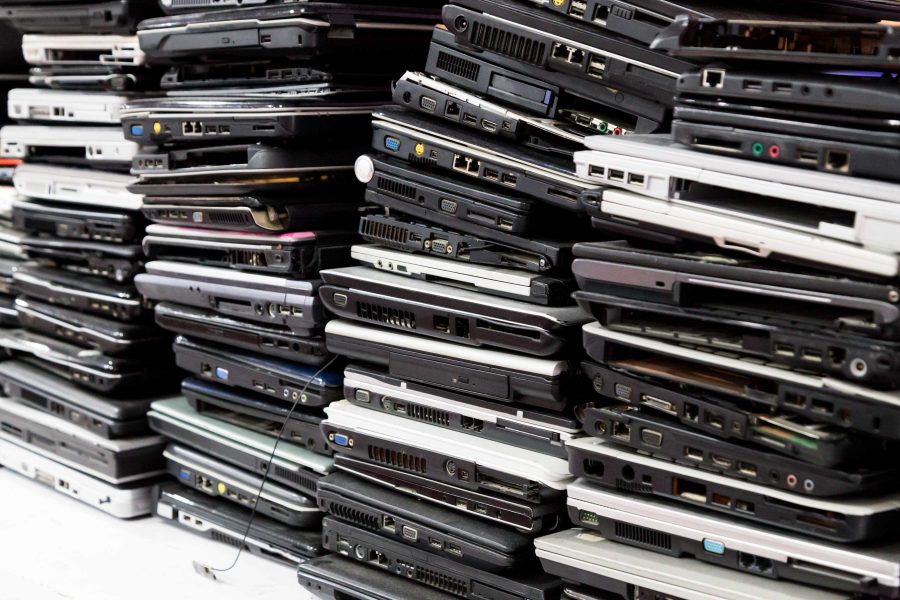Sustainable ITAD should be the “New Normal”
As we enter back to normal, a reset is prudent | “Begin with Waste” is sound advice every time | Technology is an ideal starting ground
You may be just getting back into a routine, or perhaps you’re a self-starter who has the jump on all your co-workers. But the truth is, we are all, in a way, starting over. Whether in our work life or in our social life (probably both), the quest for a new normal has begun. So, in this post-Covid era, why not forge a new mindset of sustainable electronics practices?
Rethink your recycling routine
When it comes to starting over (and thinking more sustainably), you might be tempted to look at something closer to your daily life like grocery shopping, or filling up your car, instead of recycling. However, if you take stock in how much technology plays a role in your life, you might reconsider. In fact, the average home has over 10 electronic devices! And in westernized countries, like the US, that average is arguably, much much higher. It’s clear that technology has far more of an impact on your home’s carbon footprint than you probably thought.
Why are electronic devices so terrible? Well, if we unpack all that goes into making our phones and laptops; the precious metals, the massive amount of water needed to manufacture, the emissions from packaging and shipping, we’re just scratching the surface—because that’s just what it takes to get it to the store! After the devices are purchased, there’s the electricity usage to consider. And, of course, there’s the e-waste. IT Asset Disposition, or ITAD, handles devices after they’ve outlived their usefulness for their current owners. But e-waste is truly a frontier all in its own…
Start with waste to change the outcome
Consider this: e-Waste is exactly what every single electronic device you own will someday become. And if you’ve got 10, or 20, or 50 electronic devices, like most of the rest of the country, that’s an unbelievable amount of waste looming at our collective door. Perhaps the most mindful way to “reset” thinking would be to consider where your next device is going before you purchase it. If you consider the waste result of any purchase while you’re still in the store, you might be inclined to hold on to your existing devices a little longer.
Consider the change in waste that would occur if we all seriously considered the ramifications of our technology before committing to that new smartphone or tablet. And while you’re at it, how about doing a few more things, like:
- Hold on to it longer (the one we just mentioned)
- Buy refurbished
- Find a responsible, certified recycler
- Donate reusable devices
By zeroing in any “new normal” shift toward sustainability on technology, you do much more than just minimize the pull of the upgrade treadmill (a dated link, but still worth reading). Sustainably recycling e-waste, or better, donating end-of-life devices removes them from the landfill and keeps the future purchases—and by extension, manufacturing—of electronics at bay.
So, with Covid sticking around like a really, really, really bad neighbor, let’s all revisit how we handle our electronic devices; holding onto them longer and sustainably dealing with them at their end of life. It could be that this simple reset on all our thinking is one of the best things to come out of this pandemic.
Well, maybe not for you or me individually, but perhaps for our planet.

